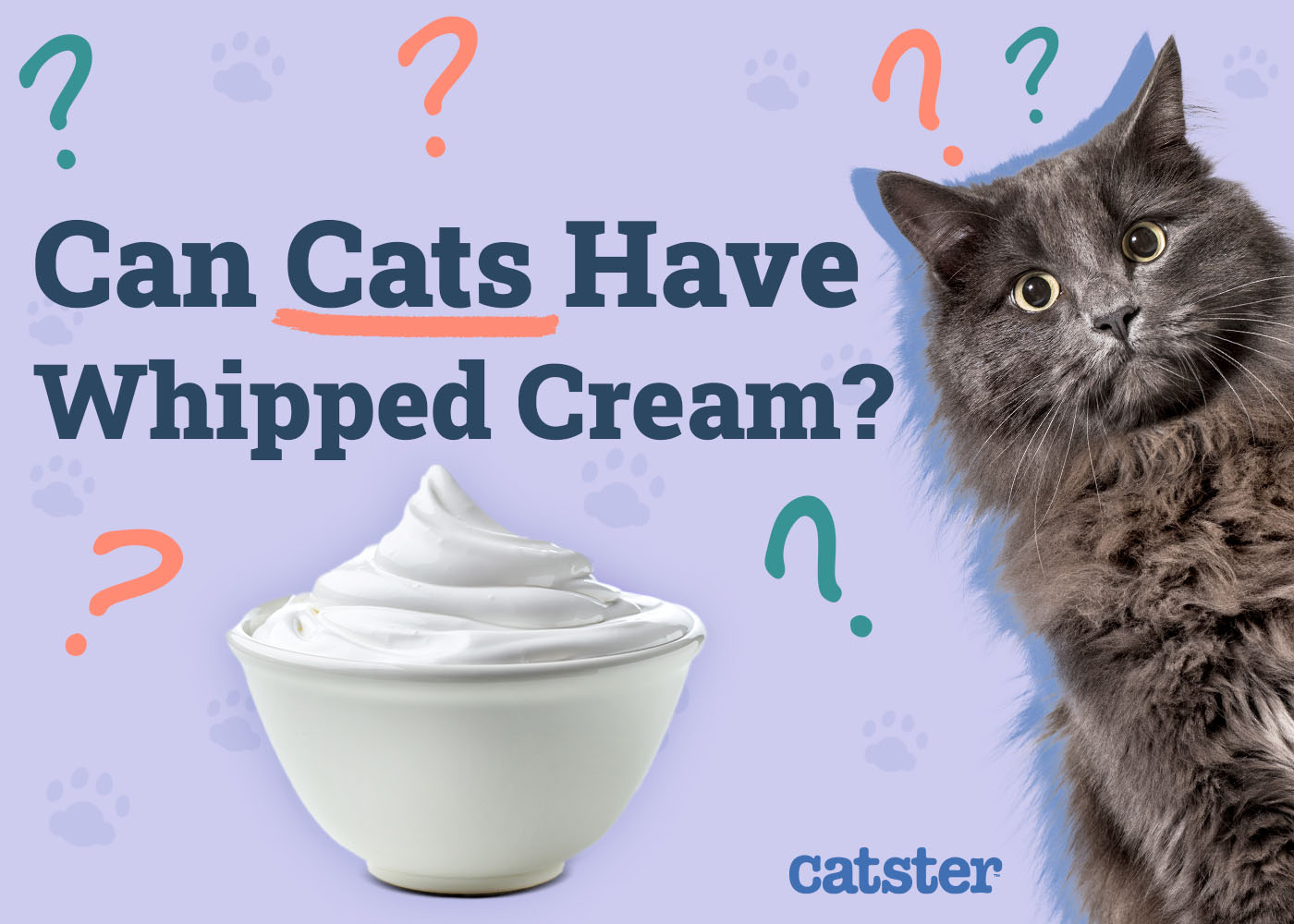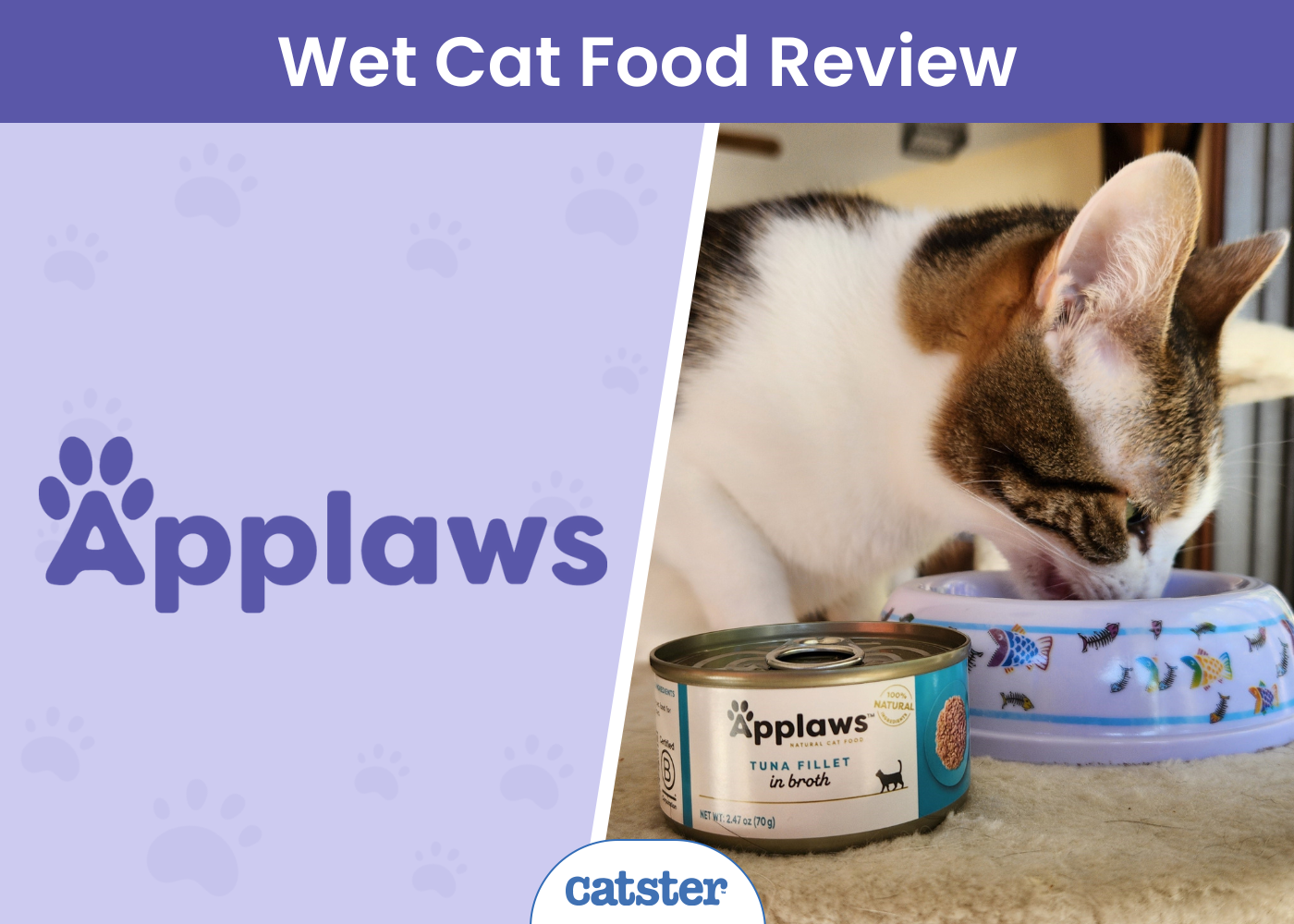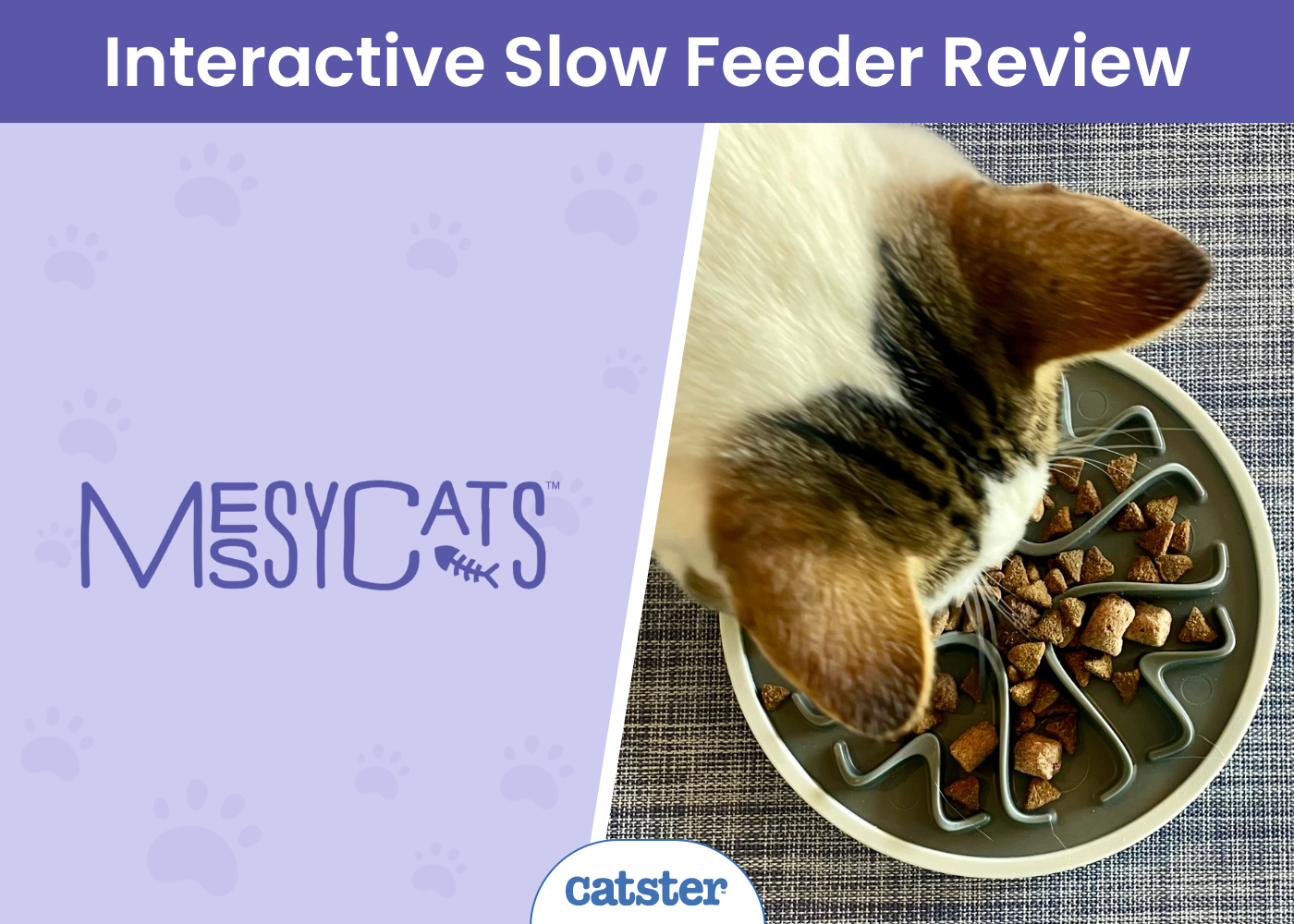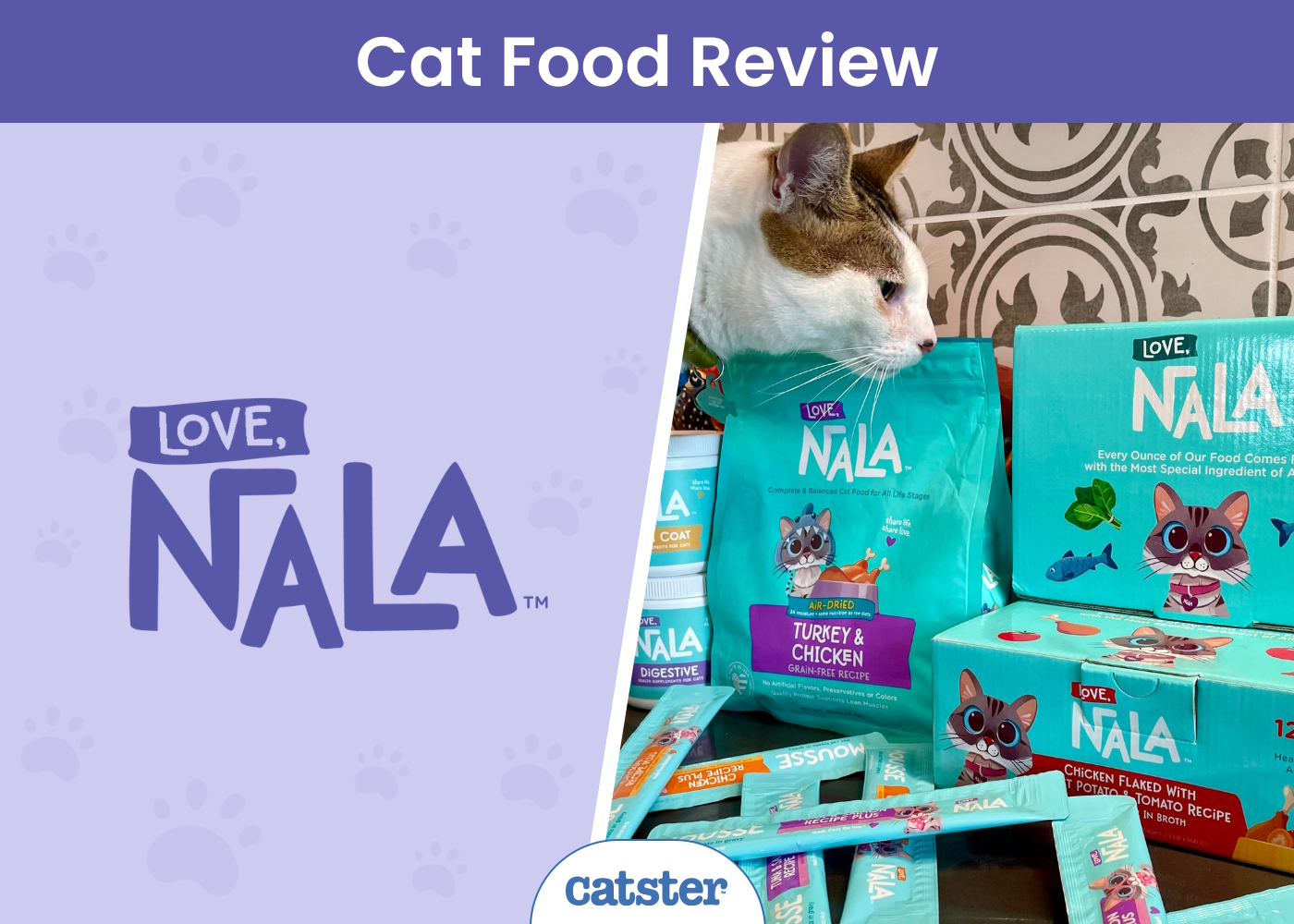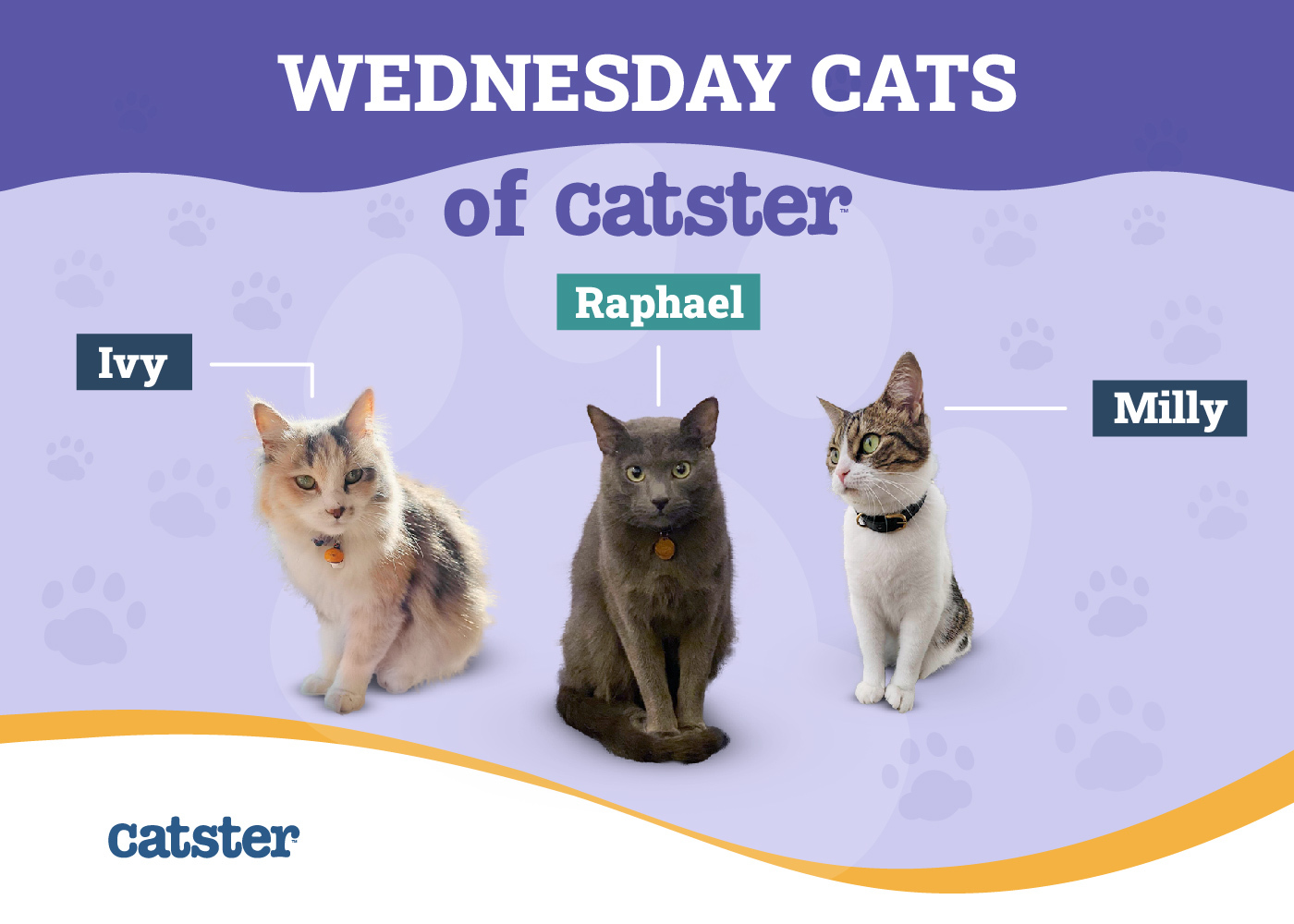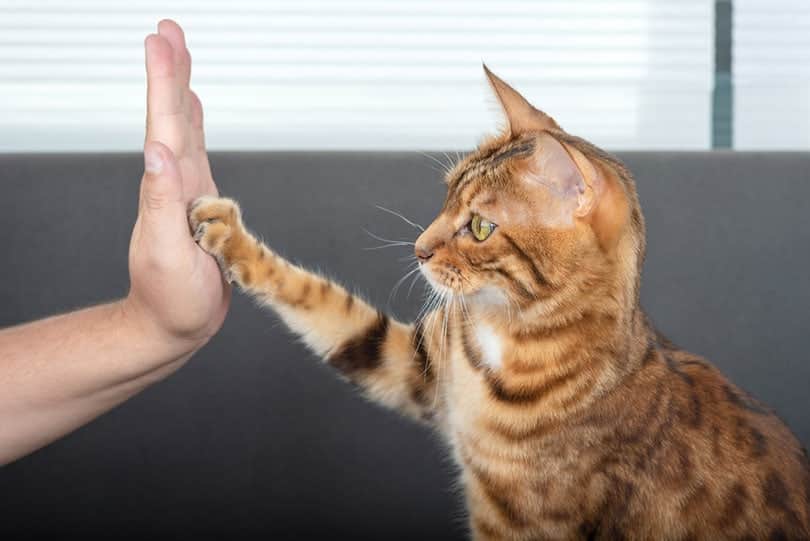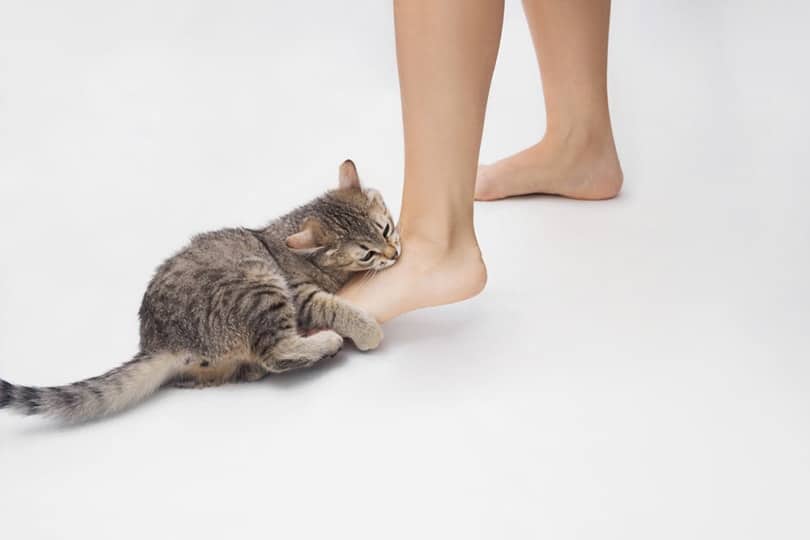Click to Skip Ahead
Heading to a café and ordering a mocha topped with a mountain of whipped cream is one of the many small joys in life. Sharing these special moments with your cat feels like a natural thing to do, but you might be wondering, can cats even eat whipped cream?
The short answer is no, cats should not eat whipped cream. It’s made from dairy, sugar, and vanilla extract, and each of these ingredients can present problems for your cat’s digestive system.

The Myth Around Cats and Dairy
Growing up, many of us watched cartoons like “Tom and Jerry,” so we are well-acquainted with the idea that cats love dairy products and that giving them a bowl of cream or milk is a much-appreciated treat.
It is hard to believe, but this is a common misconception. Although your cat might seem to like milk, you may find out quickly that it doesn’t seem to like your cat quite as much.
When young, kittens have specialized enzymes in their system called lactase. These lactase enzymes make it possible for them to break down the sugars found in dairy products, mainly lactose. Lactose is found in almost all dairy products, including milk, ice cream, yogurt, and yes, even whipped cream.
The need for these enzymes is due to the way that kittens feed when they are young. Up until they’re about 8 weeks old, kittens feed primarily on their mother’s milk. Although they might begin to wean much earlier than this, the production of lactase enzymes in their systems steadily stops.
As cats grow older, there is no reason for them to continue taking in any milk products or anything else with lactose. They are carnivores by nature and don’t need those enzymes anymore.
Since adult cats are typically missing lactase enzymes, they find it almost impossible to break down lactose successfully. In other words, nearly all cats have a lactose intolerance by nature. This means that when cats eat products like whipped cream, they can’t digest it, and their digestive systems will suffer.
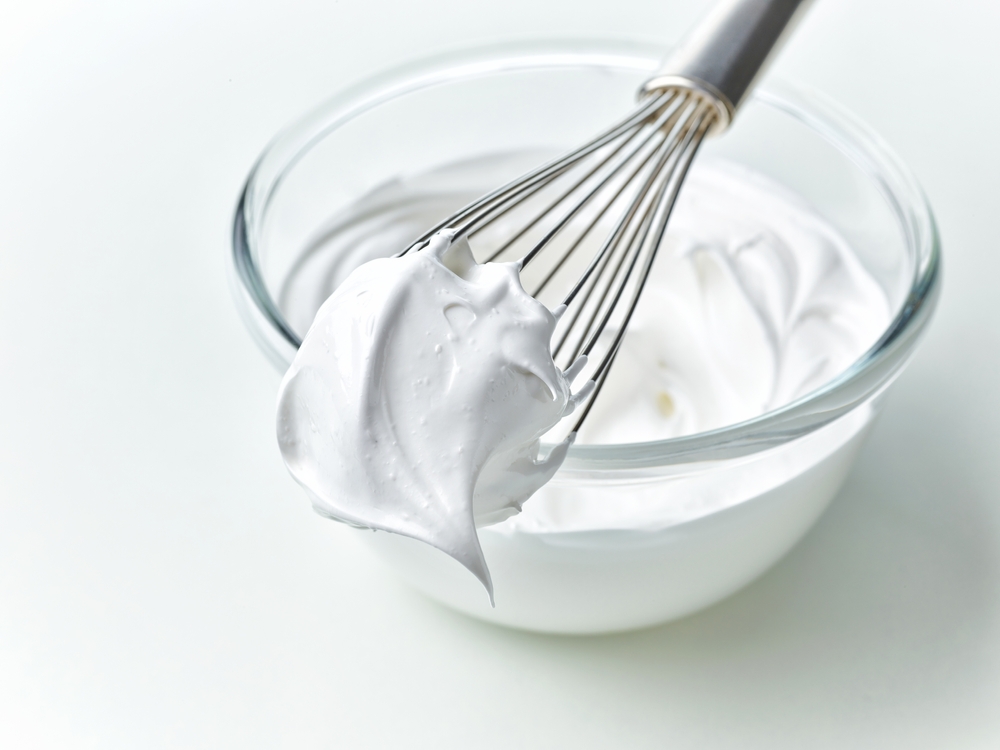

Signs of Lactose Intolerance in Cats
Some cat owners are very aware of what lactose intolerance looks like in their cats. However, if you have a new cat or a young one that is just growing up into lactose intolerance, watch out for these signs. They might point to your cat eating a dairy product they shouldn’t have.
- Flatulence
- Stomachaches
- Diarrhea
- Vomiting
If your cat begins to experience these signs, take them to a safe place where they can be sick without making a mess. That might be outside in a guarded area or perhaps a tub. Once their system has worked out the dairy products, they should be fine. If vomiting or diarrhea continues for several hours, take them to your vet.
If you need to speak with a vet but can't get to one, head over to PangoVet. It's an online service where you can talk to a vet online and get the advice you need for your pet — all at an affordable price!
Other Ingredients in Whipped Cream
Dairy isn’t the only product in whipped cream that poses a danger to a healthy cat. You also need to be careful when it comes to your cat eating sugar and vanilla extract.
Sugar isn’t toxic for a cat, but it is superfluous to their system. Eating too much of it or too often can lead to obesity, a predisposing factor for diabetes.
Although vanilla is not a toxin for cats, the vanilla extract contains about 34% ethyl alcohol. Too much of this can poison your cat.

What Happens When Cats Eat Whipped Cream
Cats are sneaky creatures. If your cat sneaks up on the counter for a sly lick or two of whipped cream, don’t panic. Your cat will likely experience more gas than usual for several hours, but beyond that, they will probably be okay.
If you know that your cat has an intense intolerance to lactose, you might want to gear up for some vomiting or diarrhea when it hits their stomach.
Even if your cat doesn’t seem to have lactose intolerance, it is still a poor idea to feed them whipped cream. The sugar and vanilla in it won’t sit well in their digestive tracts and can cause long-term illnesses in the future.
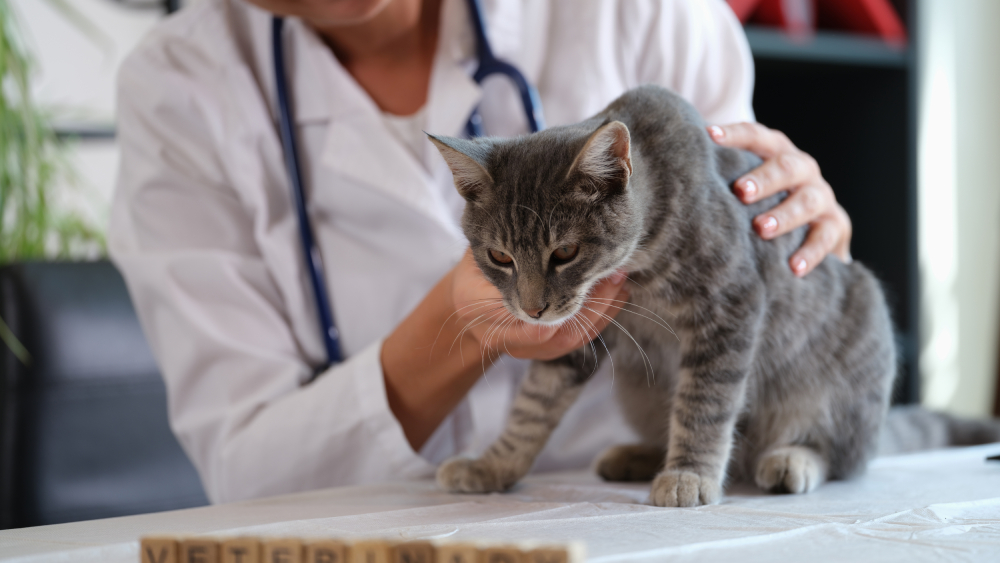

In Summary
So, can cats have whipped cream? Unfortunately no, most human food is a bad idea to feed to your cat. It is best to avoid these kinds of treats to protect your cat both in the long term and the short term.
Related Reads:
Featured Image Credit: Catster.com

